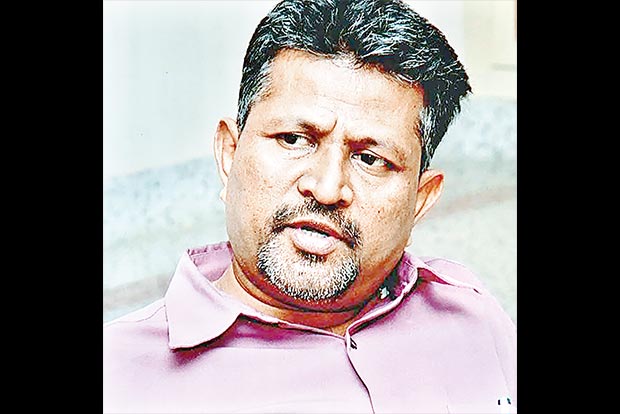Begin typing your search...
Political chaos could lead to clarity soon
Now that the government headed by Edappadi Palanisamy has proved its majority (in an ugly assembly session convened for this purpose) in the Legislature, nothing can be done in the next six months to dislodge him from his position as Chief Ministers and his council of ministers. It is time to look at it retrospectively as to why it happened.

Chennai
There are three factors responsible for the political chaos of the State in the last fortnight. 1. The absence of a full-time Governor 2. The role of the Speaker. 3. The disconnect between the MLAs and their people.
The first factor is the ‘non-availability’ of the Governor. Constitutional head for a state is Governor. During a political crisis such as this a Governor is expected to be in station. The Constitution of India has made him as a link between the Union and the state. The Governor is under an oath not only to defend the Constitution and the law but also to devote himself to the service and well-being of the people of the state. The second part of his oath, namely, to devote himself to the service and wellbeing of the people of the state is no less important than to defend the Constitution. Governors have played a major role in the formation of government. In the last 67 years since India became independent, the governors have played a significant role in the formation of the government in the states. The discretionary power that a governor enjoys under the constitution is to help the political parties to form a coalition government or to form a government by a political party which enjoys the majority. Only a regular full-time Governor (not a governor looking after two states) can follow the various political developments in a state. The absence of a regular governor is a major factor in last fortnight’s political crisis.
The second factor is the role of the Speaker. A Speaker’s power is something time and again the courts have established as supreme under the Constitution and cannot be questioned in a court of law. The problem with the Speaker in India (at the national as well as in the states) is that the majority party nominates the candidate and in spite of trying to be a no-party person, most of the time he remains a person who subscribes to the party ideology and acts as an active member of the party in power at the Centre. In England, from where we borrowed our Parliamentary form of government, the moment the speaker is elected he resigns his primary party membership so that he becomes truly a no-party and neutral person. The main role of the Speaker is to protect the interest of the independents, backbenchers and smaller party members. A Speaker should become truly a no-party and neutral person to command the respect of everyone.
The third factor is that the voice of the voters who elected their representatives was missing. Though in some places the people of the constituency were able to speak to their elected members, by and large the elected members were not found in the constituency to take the views of the people. The developments in the party have been given priority over the views expressed by the people of the constituency. When a party splits up it is not the decision of the MLA alone to decide the faction to support but also to consult his people in the constituency. The civil society which exhibited its strength over the jallikattu was sadly missing during this political crisis. May be the civil society could give directions to Tamil Nadu caught in the image trap of both MGR and J Jayalalitha to a new political path. This political chaos may lead to clarity and six months may help the rival factions to sharpen the issues and it may lead to new political formations.
— The writer is a political analyst
Visit news.dtnext.in to explore our interactive epaper!
Download the DT Next app for more exciting features!
Click here for iOS
Click here for Android
Next Story



